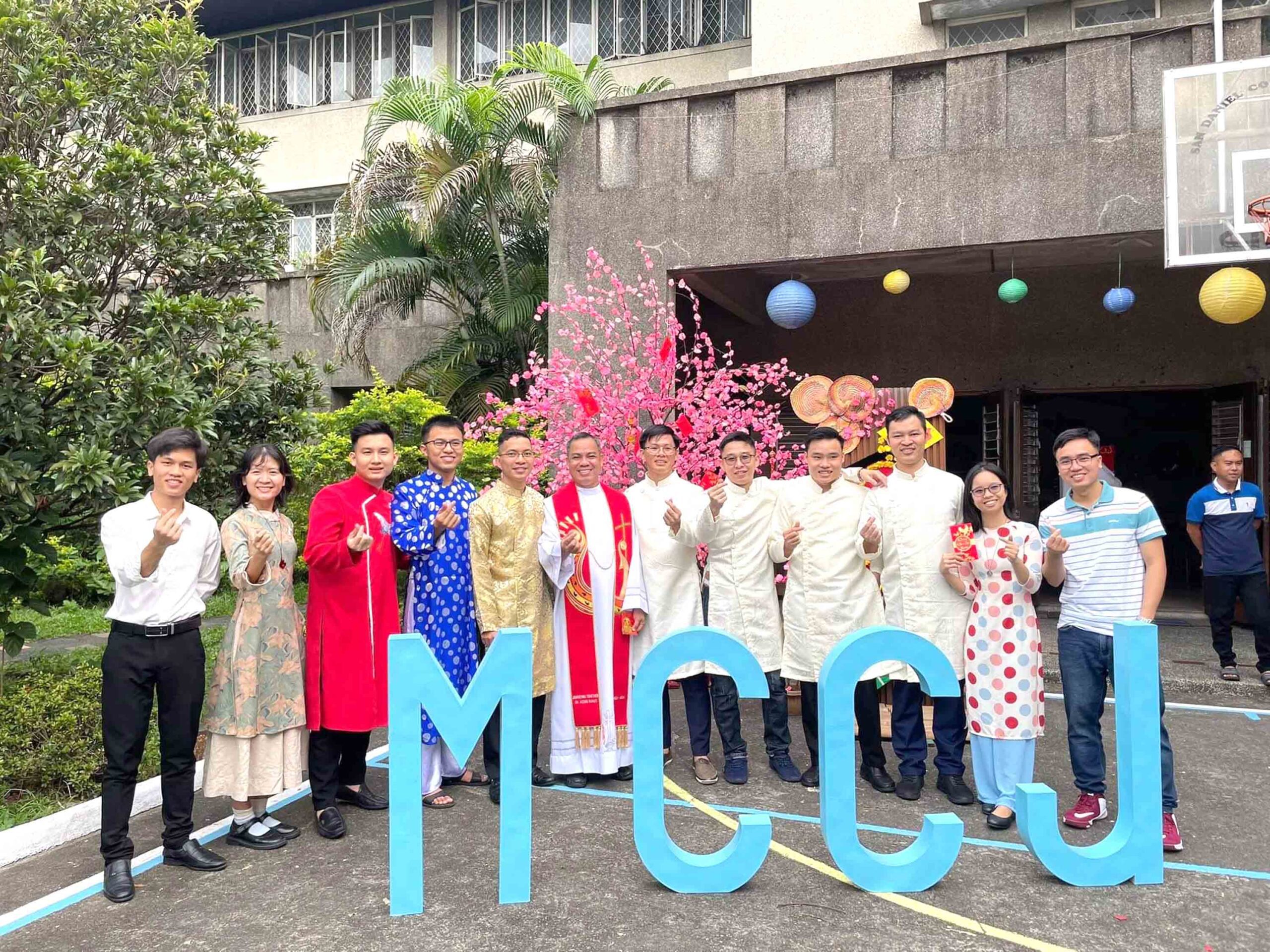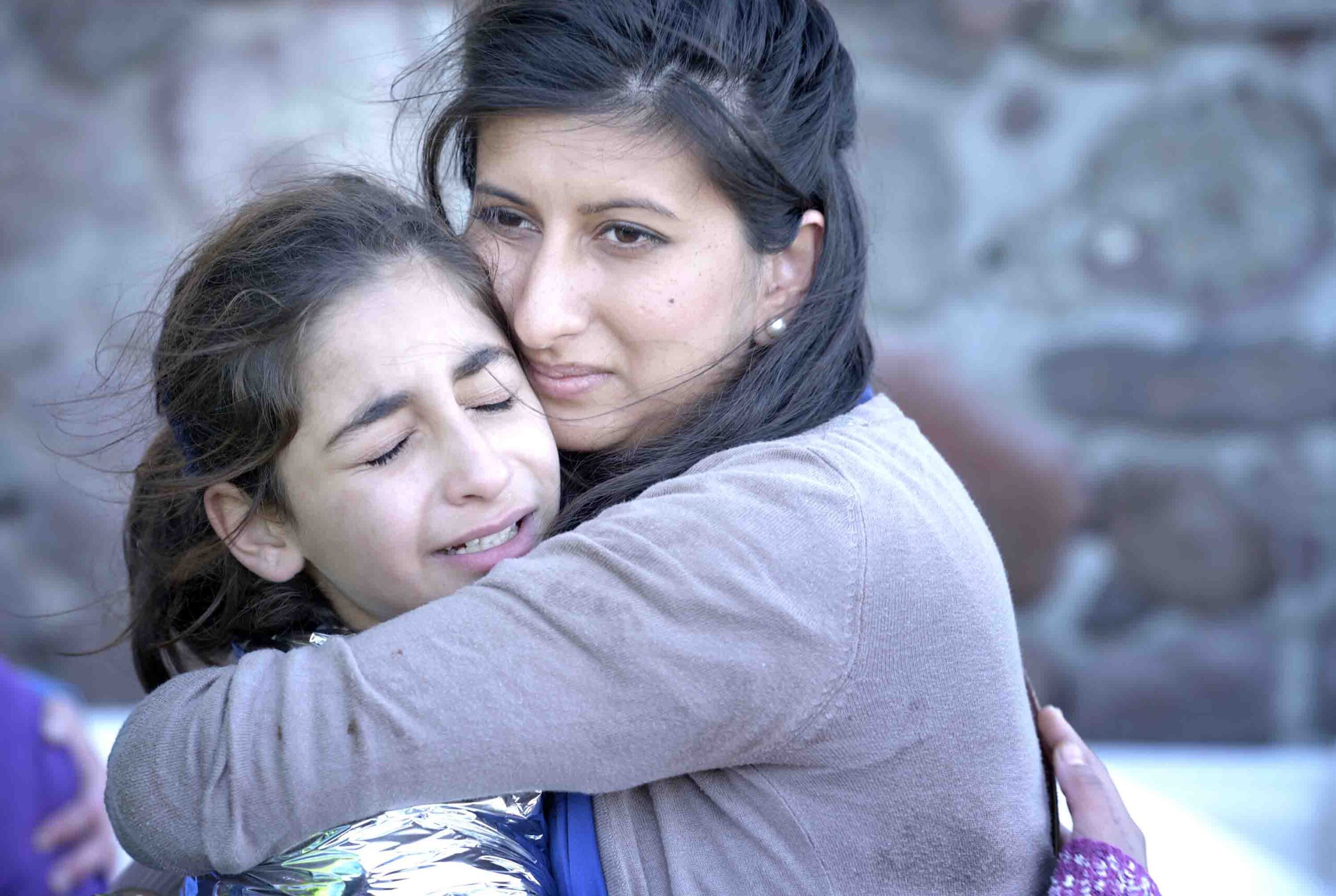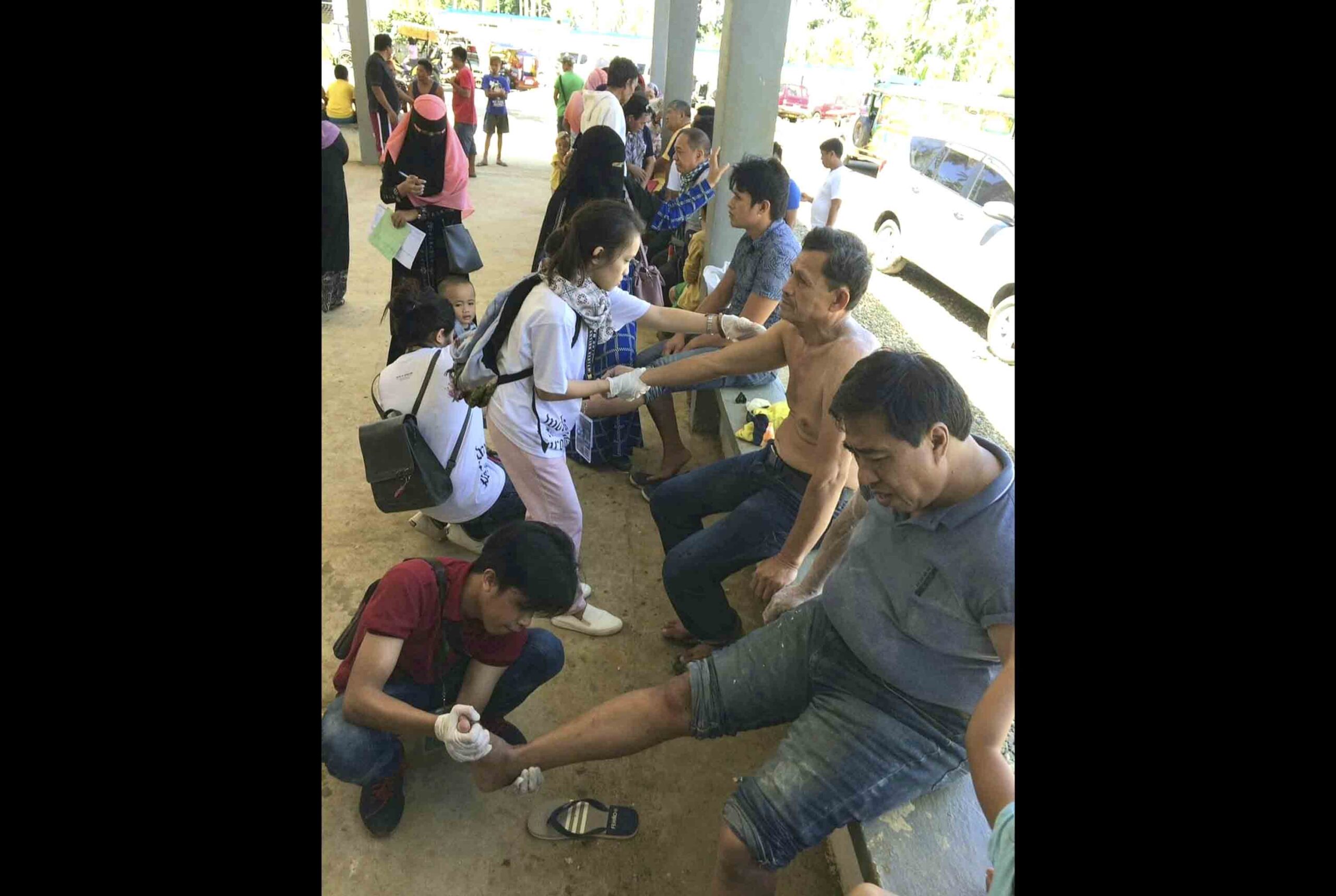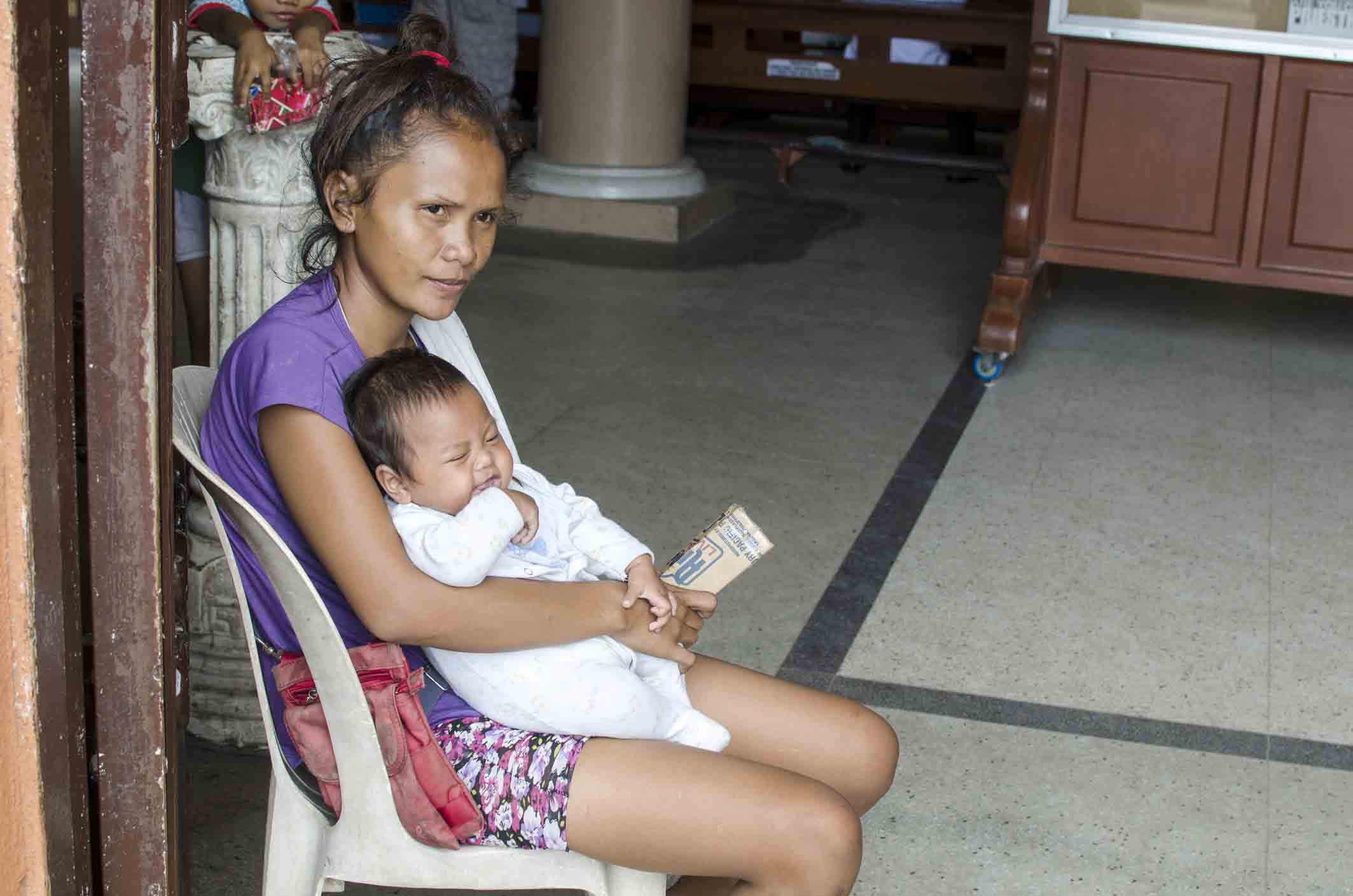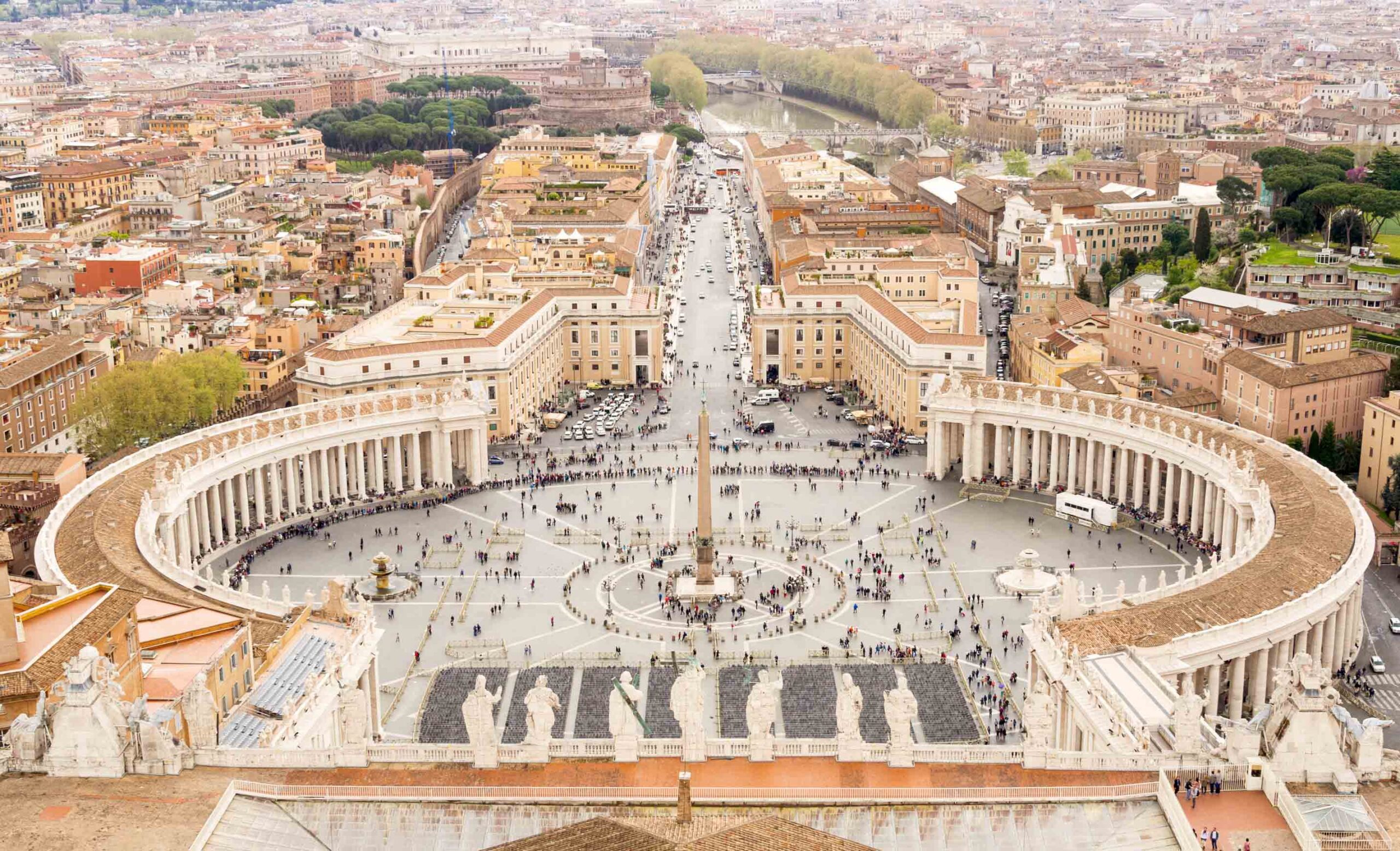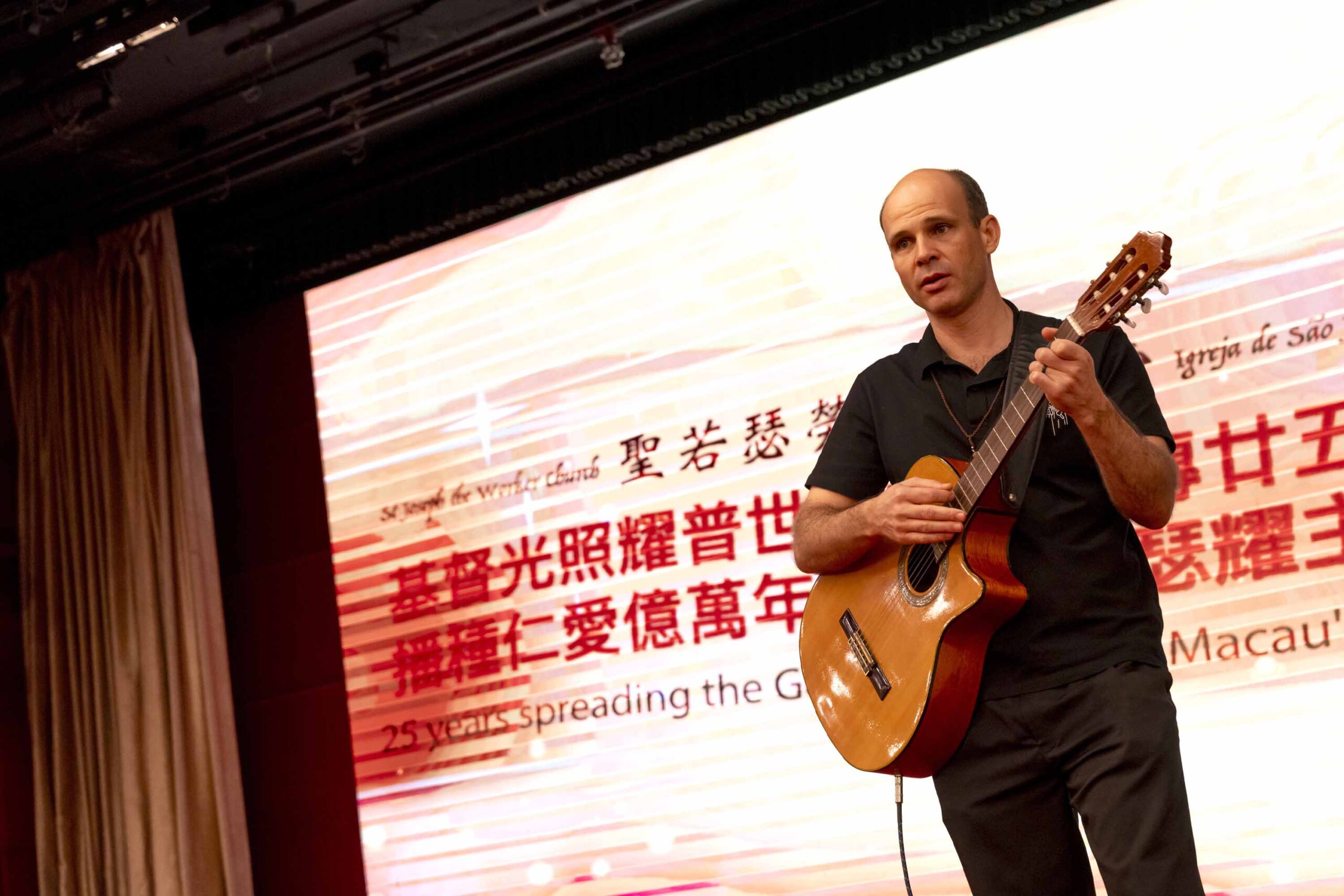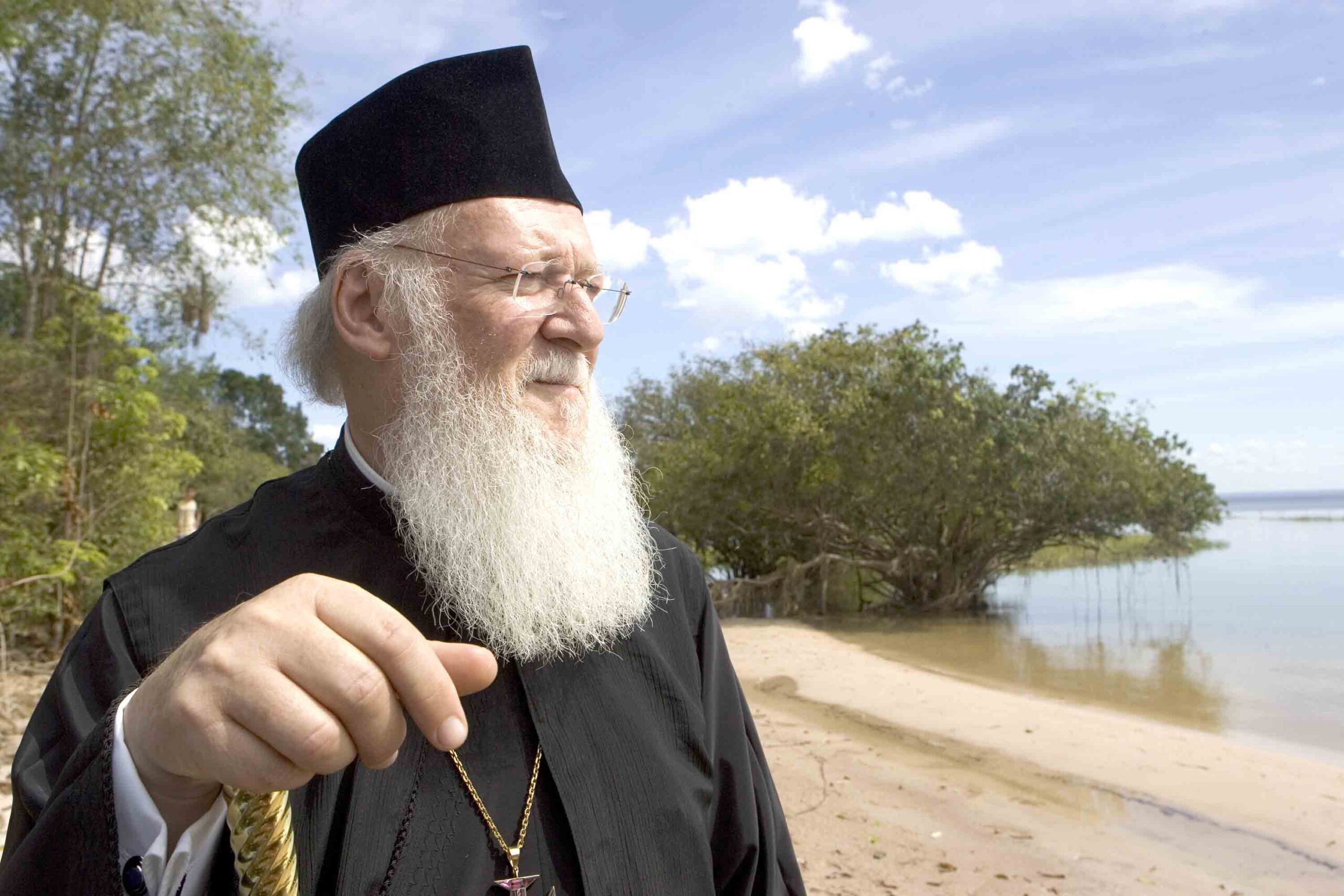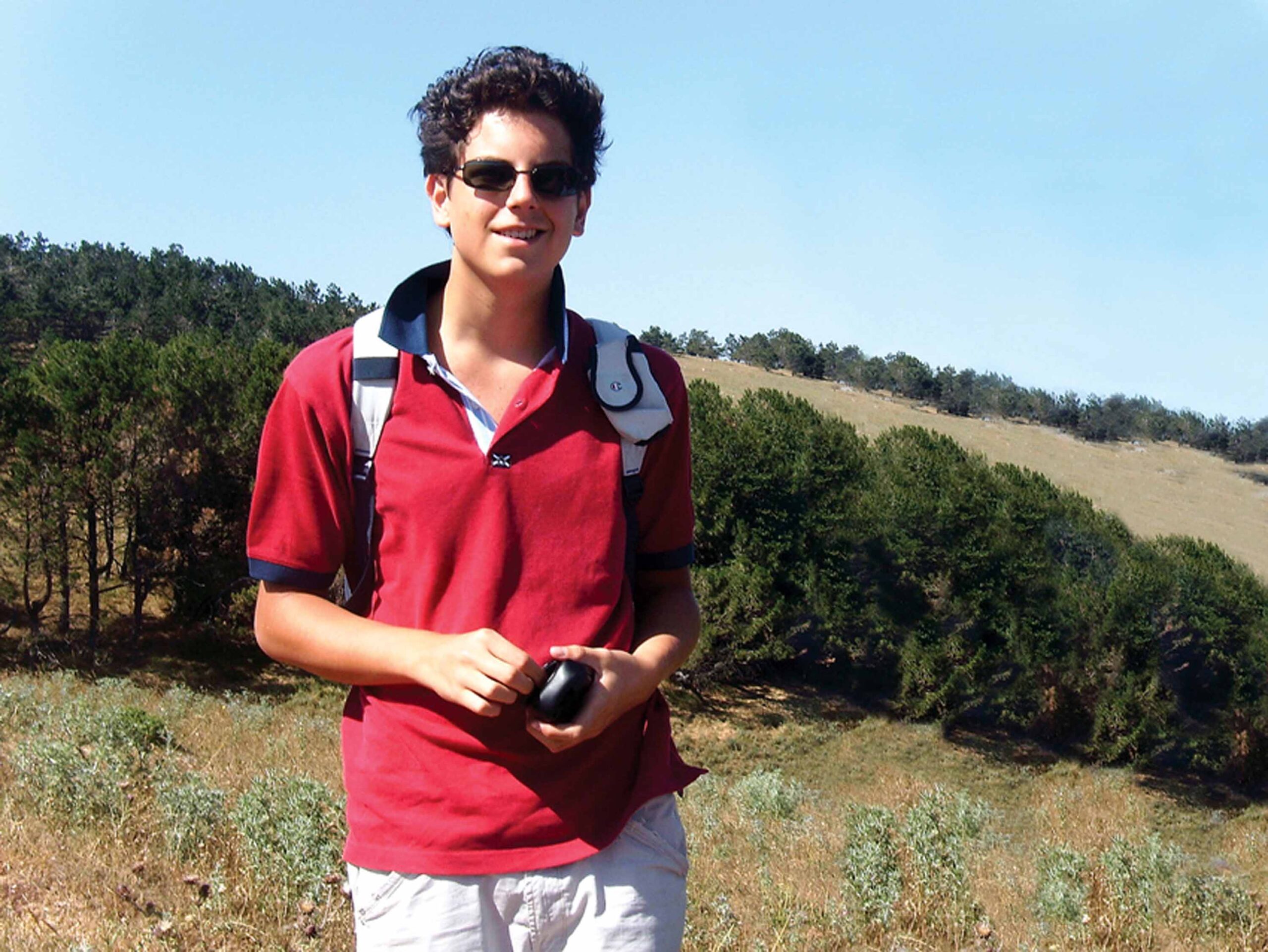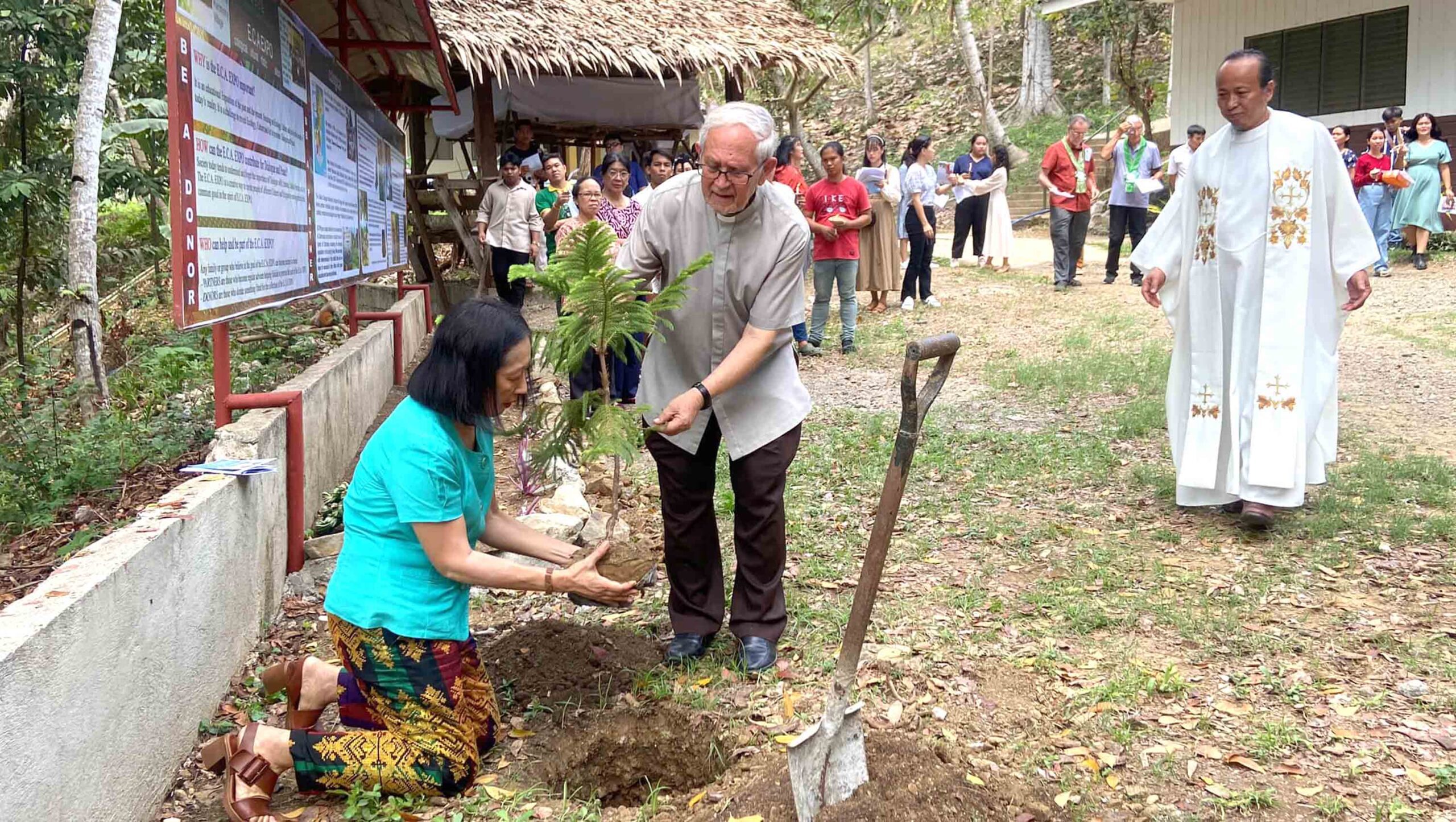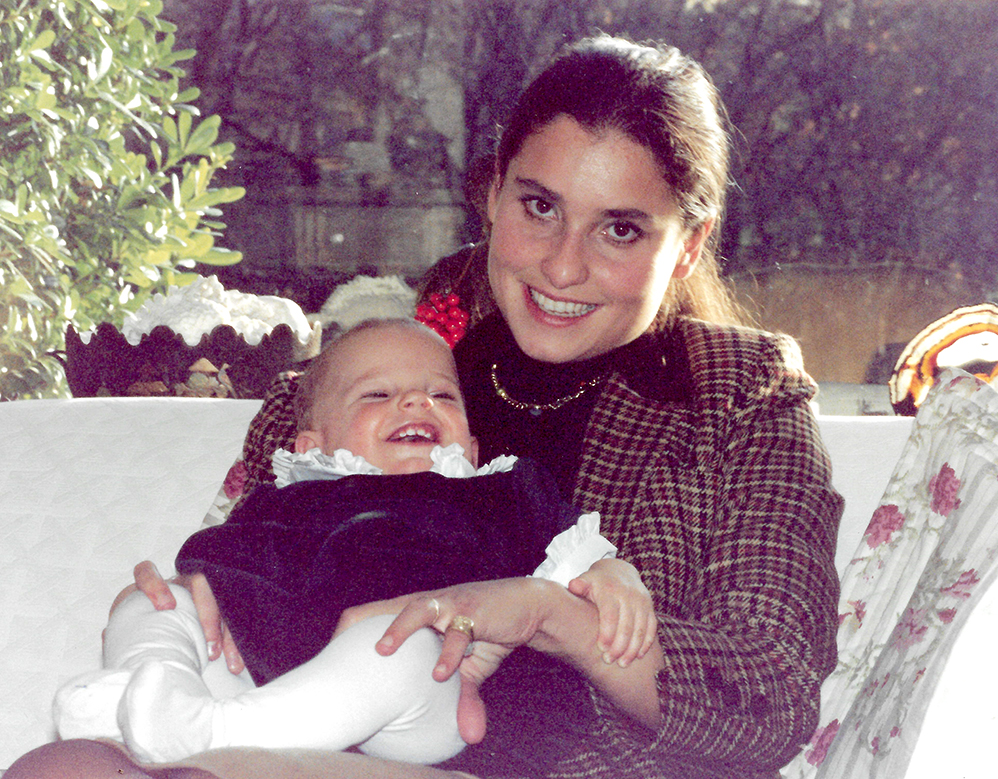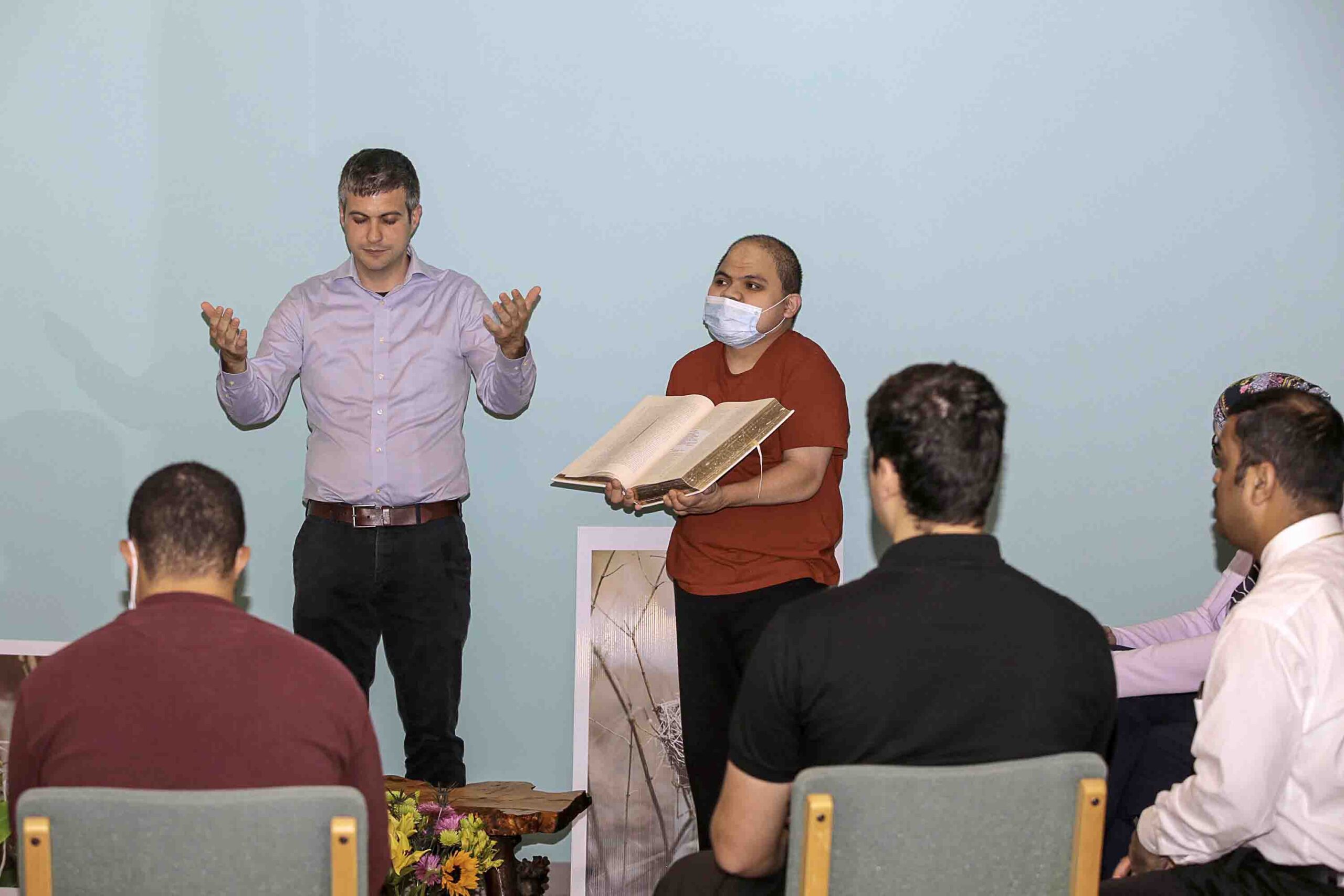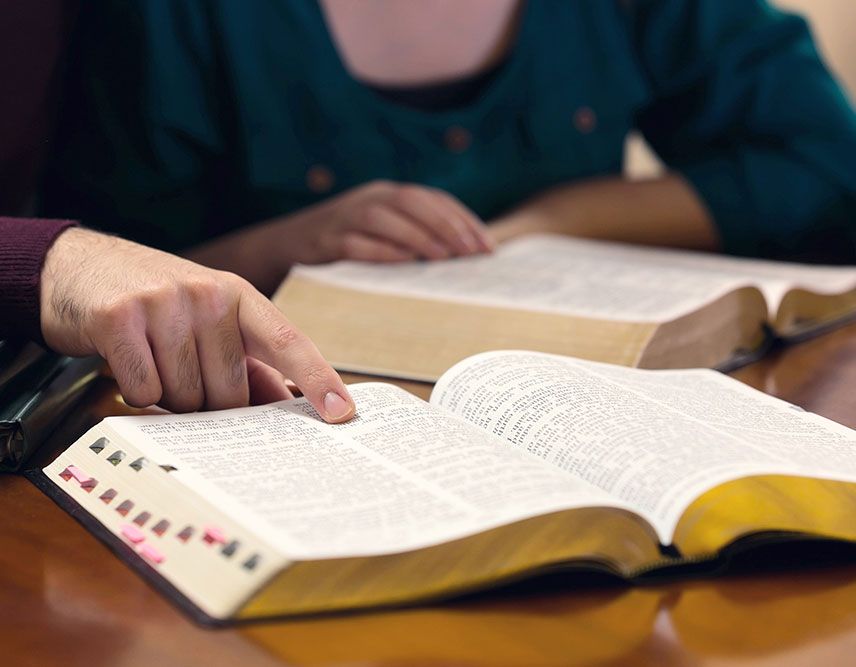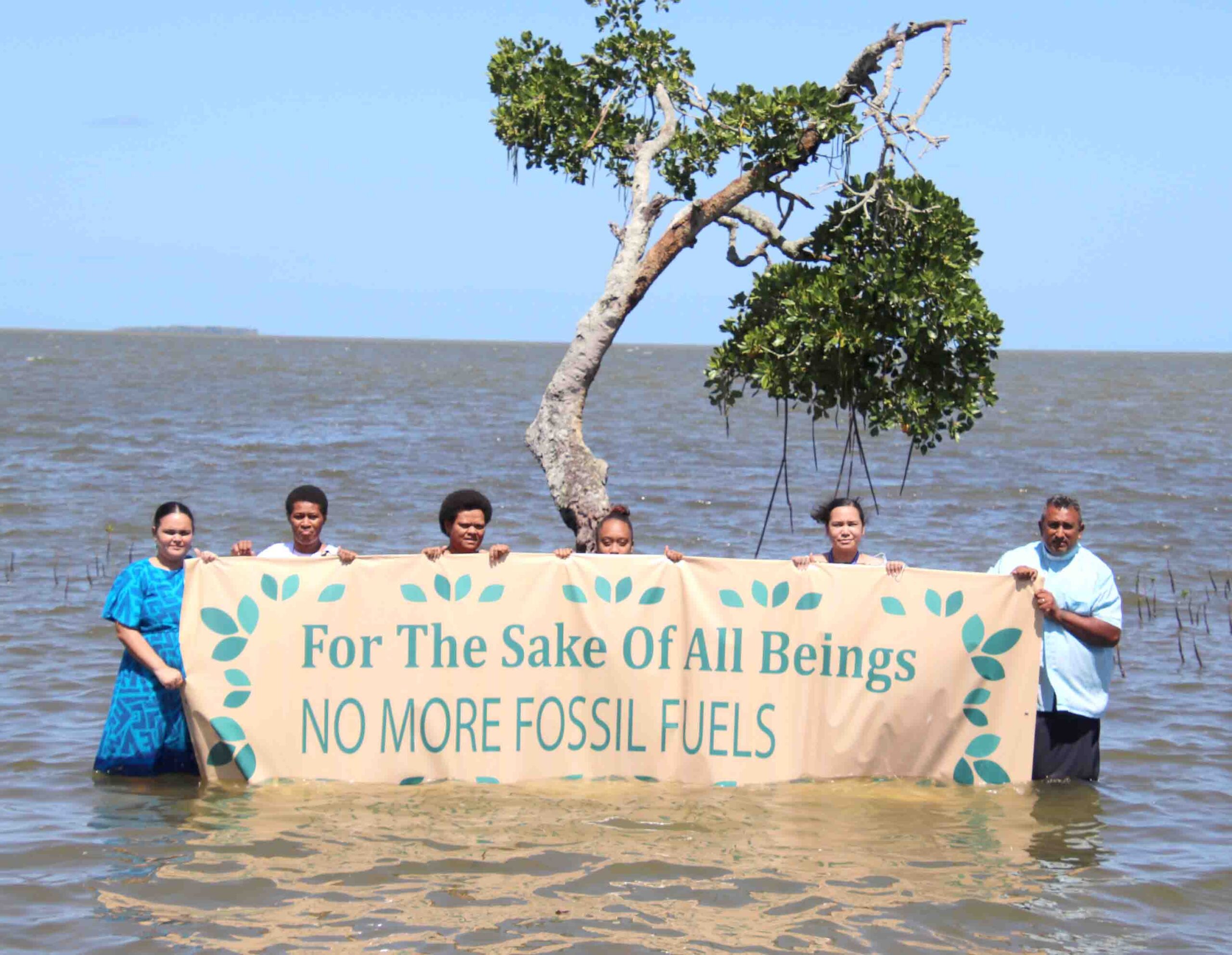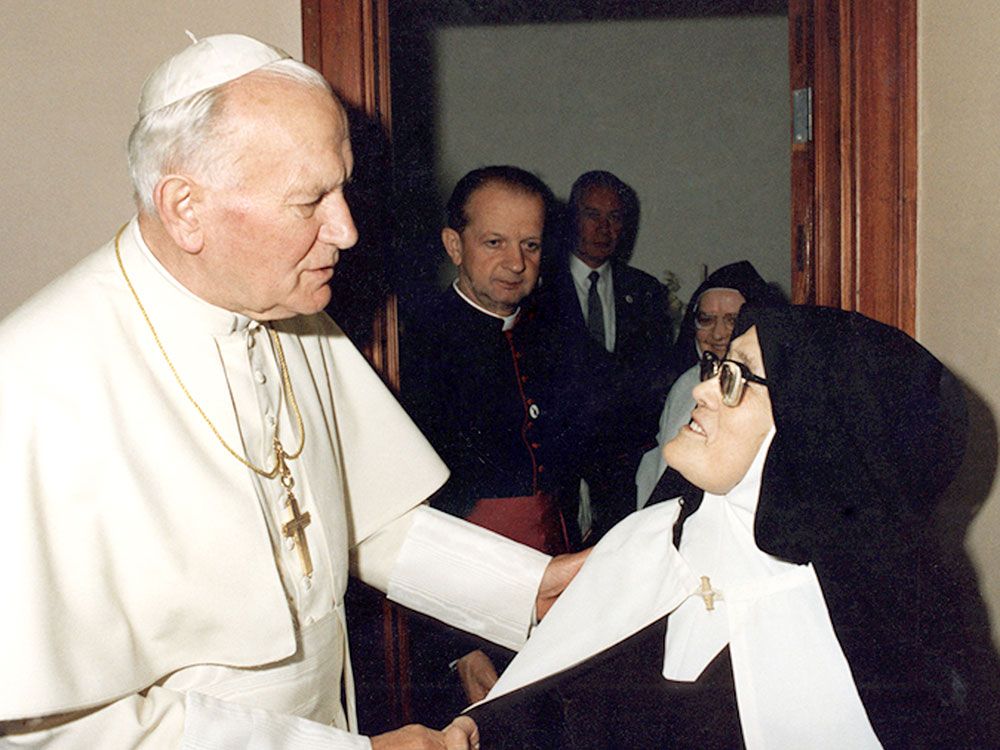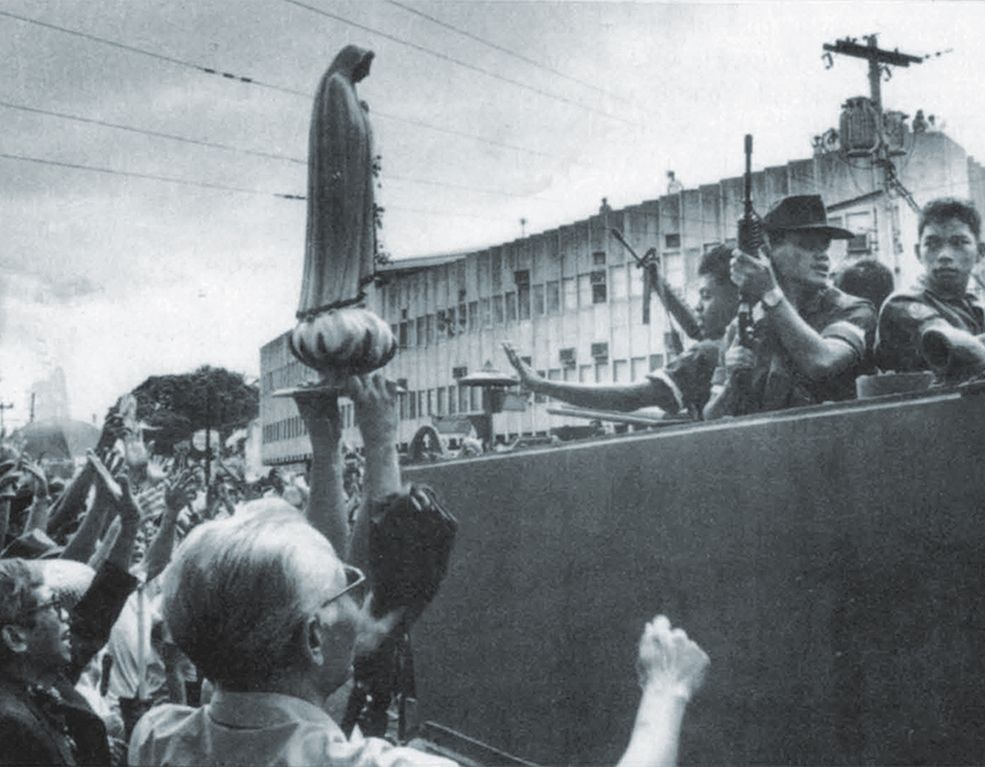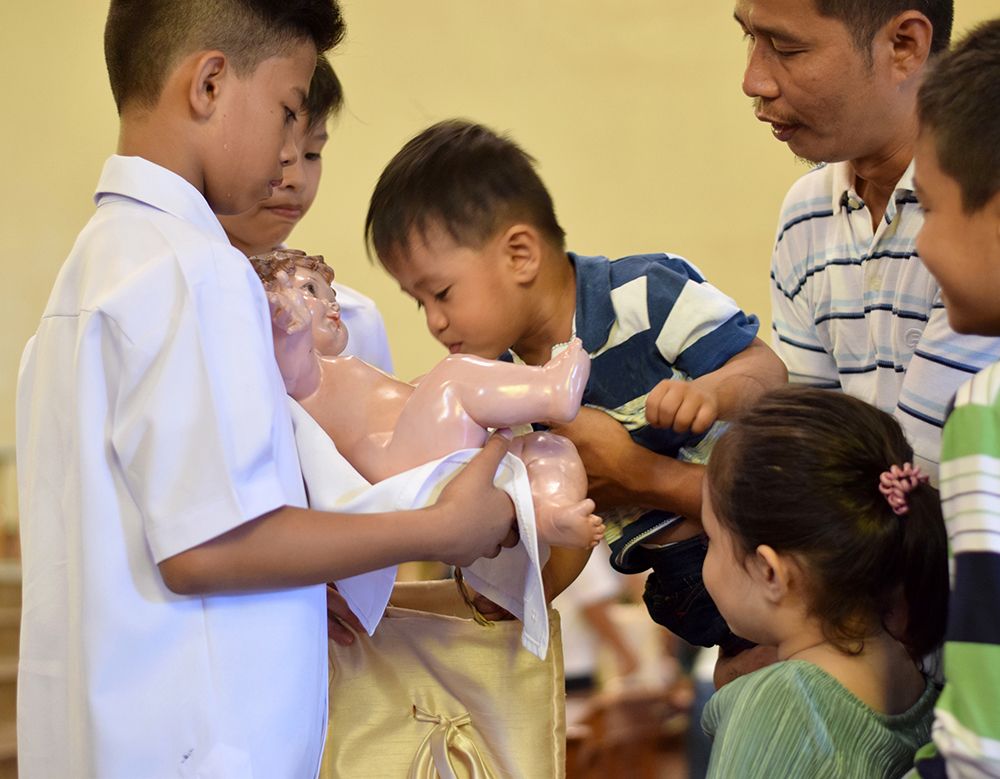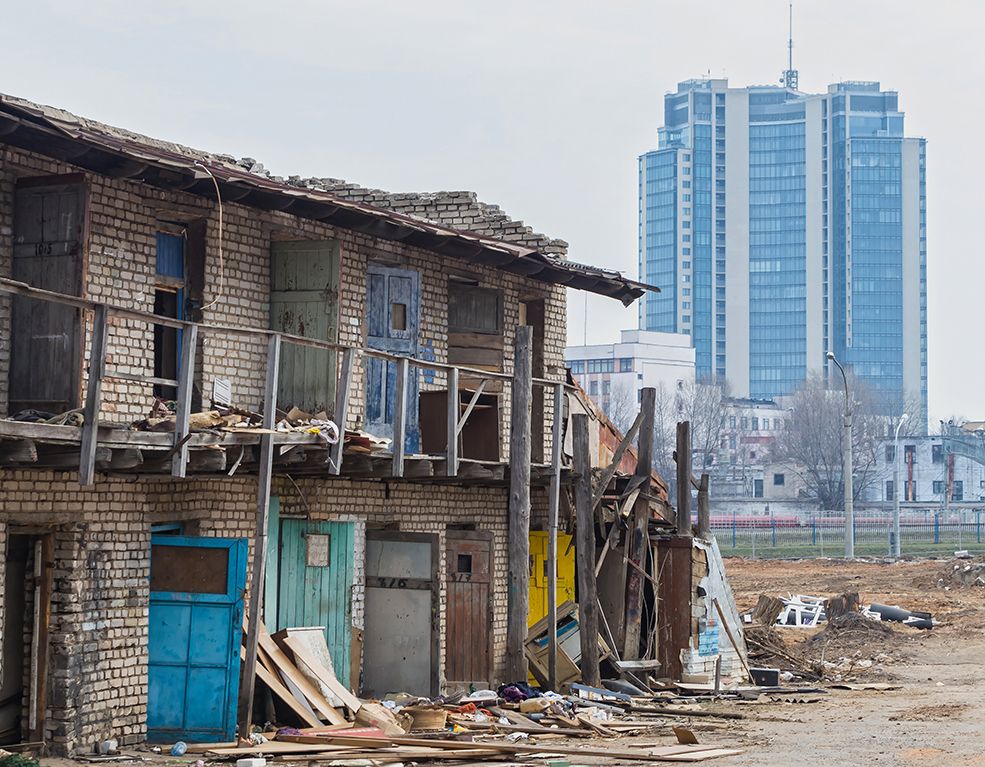It is not always easy to be outside one’s own country. When we asked Am and Nhat about their experiences as a foreign national in the Philippines, the two young men did not hesitate to share with us their opinions. “I feel at home,” said Am. “The environment is more or less similar to Vietnam,” added Nhat. The young men, despite being in the Philippines, do not feel they are outside of their country. This is because there are several similarities between the Vietnamese and Filipino cultures.
FAMILY LIFE
The first similarity between Vietnamese and Filipino cultures is the value of family. Family is significant for both Vietnamese and Filipinos. According to the two young men, family is really important. Family is the core unit of Vietnamese society. Any decision regarding any family member has to be the fruit of a consensus within the family. In Vietnam, family is the primary support system during celebrations and difficult moments. Vietnamese families uphold traditions and rituals such as weddings, funerals, and ancestor worship.
Because of the significant role that family plays in Vietnamese society, there are always occasions for family members to come together. These occasions are New Year festivities, national feasts, and, for those who are Christians, Christmas and Easter. Vietnamese families have a multi-generational structure. In other words, several generations live together. Because of this, elders play a pivotal role in decision-making. That is why elders are highly respected in Vietnam. This is another similarity between the Vietnamese and Filipino cultures: respect for the elderly.
RESPECT TO ELDERS
Elderly people play a significant role in these two cultures. In Vietnam, elders are considered heads of the family. Younger generations value their wisdom and life experience. That is why young people show their respect to elderly people through gestures such as bowing down or polite language and actions.
In the Philippines, young people respect the elderly through the mano po. Mano po is a gesture of respect for an older person, regardless of gender or status in life. It is done by taking the hand of the older person and placing it on one’s forehead. Just like in the Philippines, the Vietnamese also show great respect to their elders, their ancestors, and those in high positions.
Elders in Vietnam are considered the guardians of the cultural heritage. They pass down traditions, stories, rituals, and values to young generations. Elderly people ensure that Vietnamese customs and beliefs are preserved. Elders also provide spiritual guidance and are often involved in religious and ceremonial practices, added the young men.
VALUE OF HOSPITALITY
Hospitality is also a value that Vietnamese and Filipinos share. Talking about hospitality, Nhat recalled how a Filipino family welcomed him. He was so touched by how the family welcomed him. Am said, “I will never forget my first Christmas in Ilocos. The family I visited treated me so well that this will be an unforgettable experience.”
In the same way, in Vietnam, people do their best to welcome visitors. Another similarity between Vietnamese and Filipino cultures, according to Nhat and Am, is the respect for religious people. In Vietnam, people have profound respect for religious people. This is also the same reality in the Philippines regarding religious people; they are well respected. People often seek their advice and their prayers. These are the similarities that one may find between Vietnamese and Filipino cultures. How about some differences? Are there any differences between Vietnamese and Filipino cultures?
LUNAR NEW YEAR
Talking about particularity in Vietnamese culture, Am first mentioned the Lunar New Year or Têt in the Vietnamese language. The Lunar New Year is particularly important in Vietnam. In fact, it is celebrated in the family. Usually, each family goes back to their native home for this celebration. The Lunar New Year is an occasion to receive the blessing from parents and elders. “On that day, the first day of the lunar calendar, we visit all the relatives from our father’s side because it is also Father’s Day in Vietnam,” said Nhat.
“The following day is Mother’s Day,” he added. After visiting relatives from the father’s side, they also pay a visit to the relatives from the mother’s side the next day to greet them and get their blessing, too. “The third day of the New Lunar year is consecrated to teachers. It is Teacher’s Day,” said Nhat. On that day, everyone pays a visit to their former teachers to greet them and thank them for the education they received from them. It is also an occasion to visit colleagues, classmates, and friends. From the first day to the third day of the Lunar New Year, all these celebrations, particularly important in Vietnam, bring families, friends, and colleagues together. Two weeks of holidays are granted during the Lunar New Year to allow people to celebrate these festivities well. That is why Vietnamese are always looking forward to celebrating the Lunar New Year.
NATIONAL FEASTS
Another important celebration proper to Vietnam is Independence Day, celebrated on September 2. It is the National Day called Ngày Quốc Khánh. On that day, the Vietnamese people commemorate President Hô Chí Minh’s reading the Declaration of Independence of Vietnam at Ba Dình Square in Hanoi on September 2, 1945.
Another celebration proper for Vietnam is Hung Kings Day, celebrated on the 10th of the 3rd month of the lunar calendar. On that feast, Vietnamese people commemorate the contributions and sacrifices of the Hung Kings who established Vietnam as a nation. Hung Kings Day is a significant cultural and historical occasion for all Vietnamese. This celebration emphasizes the importance of ancestral worship and national identity. That is why the Vietnamese are proud while they celebrate the Hung Kings.
VIETNAMESE COMMUNITIES
All these celebrations are so significant for Vietnamese people. That is why the overseas Vietnamese find ways to get together to celebrate these festivities. According to Nhat, there are Vietnamese communities in Quezon City and Manila. They meet especially during the Lunar New Year, Christmas Day, and Easter. During those encounters, they share food, dance, and play together. These celebrations bring together all Vietnamese: Christians, non-Christians, Buddhists, and Muslims. They all come together to celebrate and remember their homeland.
The Vietnamese community in the Philippines is relatively small but has been growing in recent years. In 2020, the Philippine Statistics Authority conducted a census of foreign citizens. 944 Vietnamese citizens are estimated to be living in the Philippines. These overseas Vietnamese living in the Philippines constitute 1.2% of the total foreign citizens present in the Philippines.
Most Vietnamese people living in the Philippines are either students or business people, and they tend to be concentrated in urban areas such as Manila and Cebu City. They are often involved in industries such as manufacturing, trading, and food services. There are also some Vietnamese who have married Filipinos and settled down in the country.
RELIGION IN VIETNAM
Aside from these celebrations, particular to Vietnamese people, the religious affiliation of the Vietnamese people is different from the one of the Philippines. While Christianity is predominant in the Philippines, the three leading religions in Vietnam are Buddhism, Taoism, and Confucianism. These religions are grouped as one religion called the three teachings and, in Vietnamese, tam giáo. In Vietnam, 70-90% of the population are tam giáo; 8% are Christians (mostly Roman Catholic) and 1-2% practice Indigenous religions, and 1% are not religious.
According to Am, despite the variety of religious affiliations in Vietnam, there is peaceful coexistence between all these religions. Am and Nhat are Catholics and are indeed proud of that. So, one of the particularities of Vietnam is that it is a country with a small number of Christians.
Am and Nhat are happy to be in the Philippines. They do miss Vietnam sometimes, but the hospitality of the Filipino people makes them feel at home. Nhat said he learned from the Filipino people how to be open to others. Am treasures the optimistic attitude of the Filipino people. Because of these positive experiences, Am and Nhat recommend the Philippines as a country where Vietnamese or other foreign citizens can visit. There are similarities, especially between Vietnamese and Filipino cultures. Yet there are also some differences. These differences or particularities are not obstacles to human fulfillment. They contribute to a better appreciation of one’s culture and the respect everybody must have towards other cultures. “We have to appreciate our culture and discover by ourselves the richness of other cultures,” concluded Am.

